The number of billionaires worldwide has reached an all-time high, with over 3,300 individuals holding this status, according to a recent report. This surge in billionaire numbers is not limited to the global stage, as the United States also boasts a record-breaking number of billionaires, with over 750 individuals joining this exclusive club in the past decade. The collective wealth of these billionaires has also seen a significant increase, with their combined net worth exceeding $12 trillion.
The proliferation of billionaires is largely attributed to policy changes, particularly in the tax code, which have made it easier for individuals to accumulate and retain vast fortunes. As noted by Avishay Artsy and Noel King in a recent podcast, "The changes to the tax code have made it easier than ever to make and keep a fortune, even as little has changed for the bottom 90 percent of Americans." This sentiment is echoed by critics who argue that the current tax system disproportionately benefits the wealthy, exacerbating the wealth gap between the rich and the poor.
The growing wealth gap has sparked a surge in anti-billionaire sentiments in US politics, with several high-profile politicians and candidates using this issue as a rallying cry. For instance, Zohran Mamdani's victory in the New York City mayoral race was, in part, attributed to his campaign promise to address the wealth gap and make billionaires pay their fair share. "It feels like everyone's mad at billionaires right now," said a spokesperson for Mamdani's campaign. "Maybe it's the disconnect between Americans struggling with grocery prices and health care premiums and the ultrarich sailing on their super yachts and flying on their private jets."
The rise of billionaires has also been fueled by the growing influence of technology and entrepreneurship. The likes of Elon Musk, who is on track to become the world's first trillionaire, have become household names, and their success has inspired a new generation of entrepreneurs and investors. However, critics argue that this wealth creation has come at the expense of the broader population, who are struggling to make ends meet.
The implications of this trend are far-reaching and multifaceted. As the wealth gap continues to widen, it is likely to have a profound impact on social cohesion and economic stability. "The growing wealth gap is a ticking time bomb," warned a leading economist. "If left unchecked, it could lead to social unrest and economic instability, with far-reaching consequences for society as a whole."
In recent years, there have been several high-profile attempts to address the wealth gap and make billionaires pay their fair share. For instance, the Make Billionaires Pay rally, which took place in New York City in September 2025, drew thousands of protesters who demanded that billionaires contribute more to the tax base. While these efforts have garnered significant attention, it remains to be seen whether they will lead to meaningful change.
As the debate over billionaires and the wealth gap continues to rage, one thing is clear: the status quo is no longer tenable. The growing wealth gap and the proliferation of billionaires have created a sense of unease and discontent among the broader population. It is now up to policymakers and leaders to address this issue and find a solution that benefits all members of society, not just the privileged few.




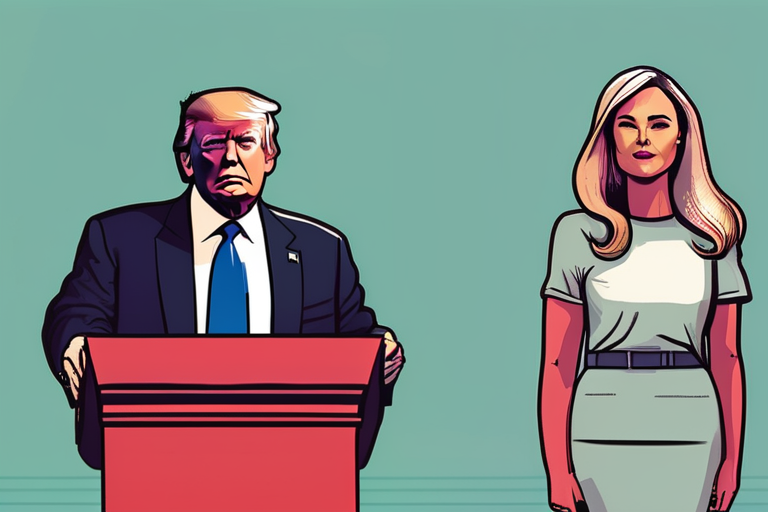
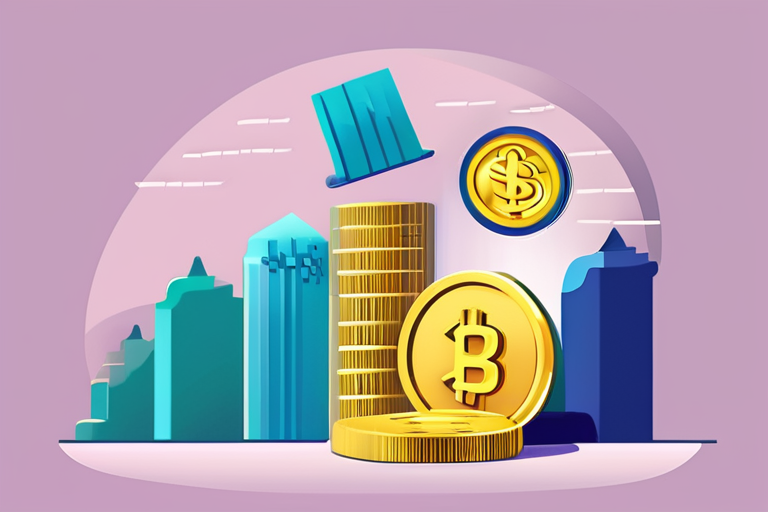



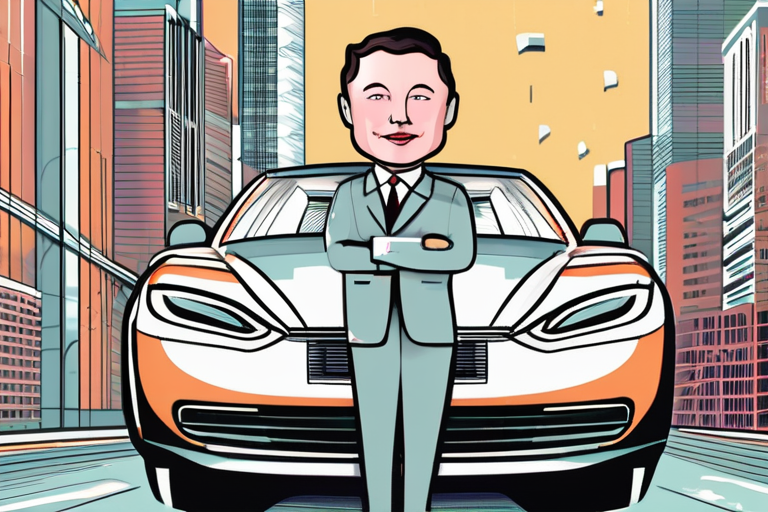
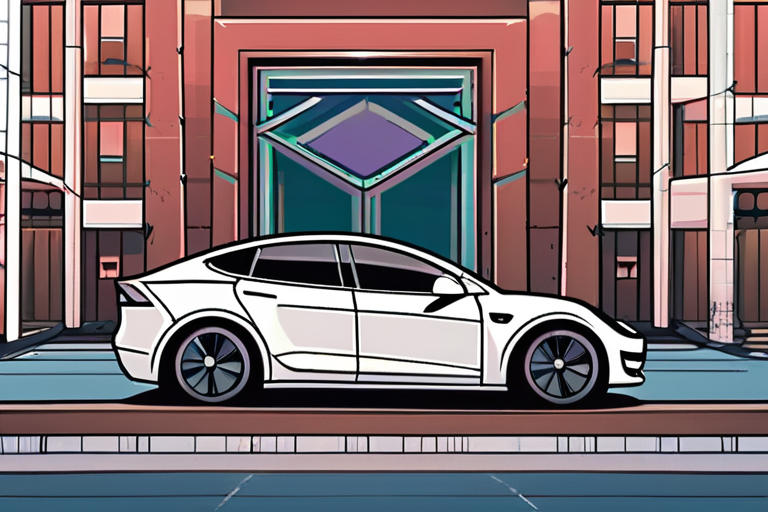


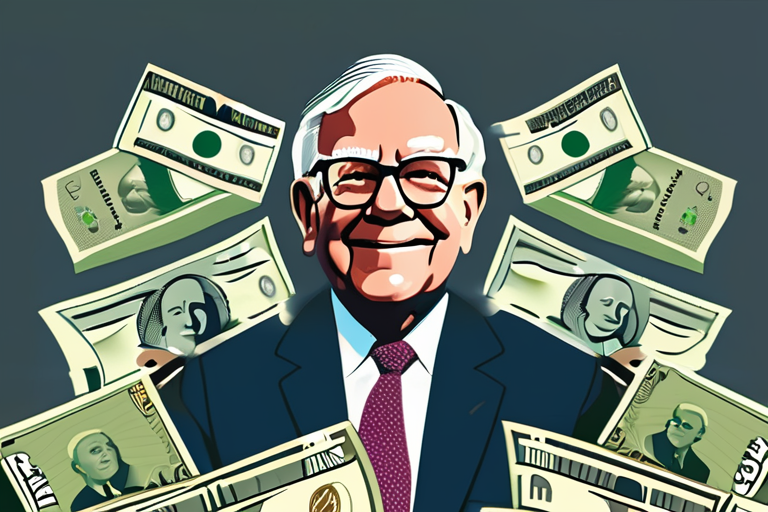

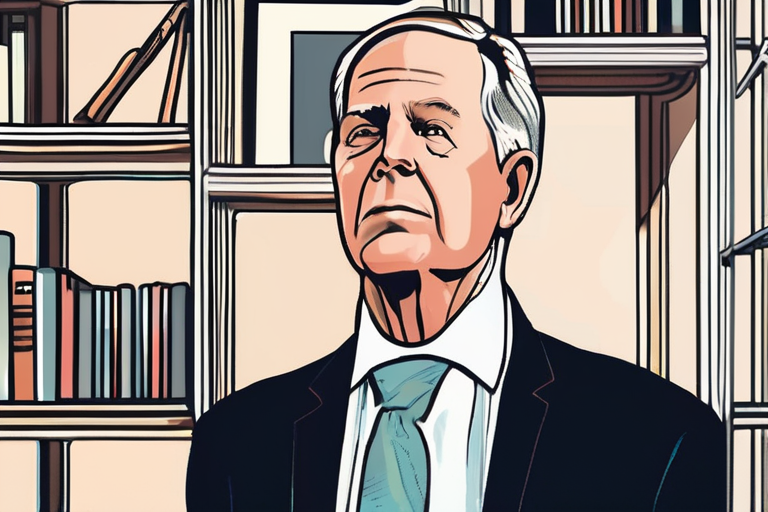
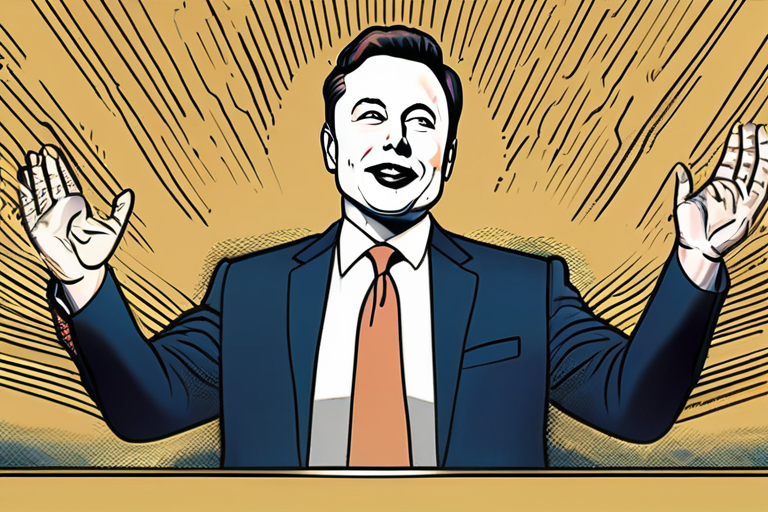

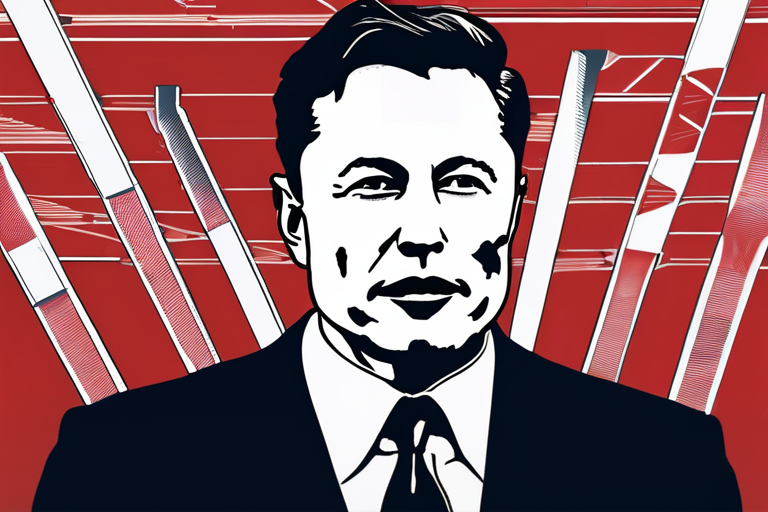
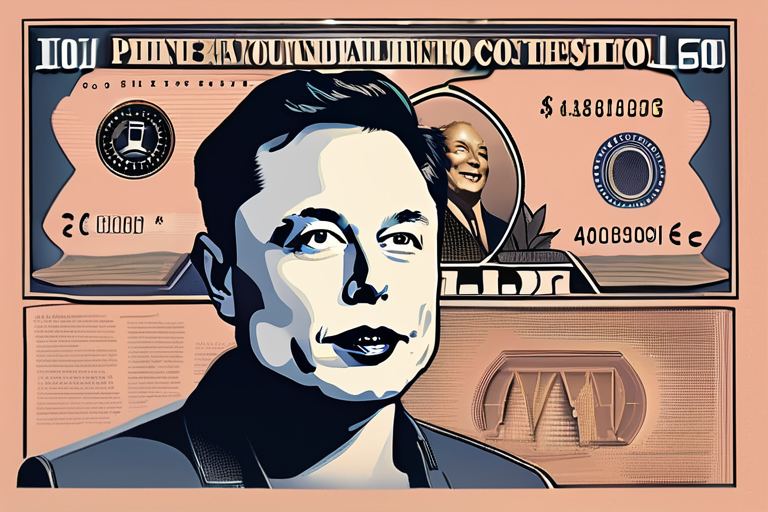
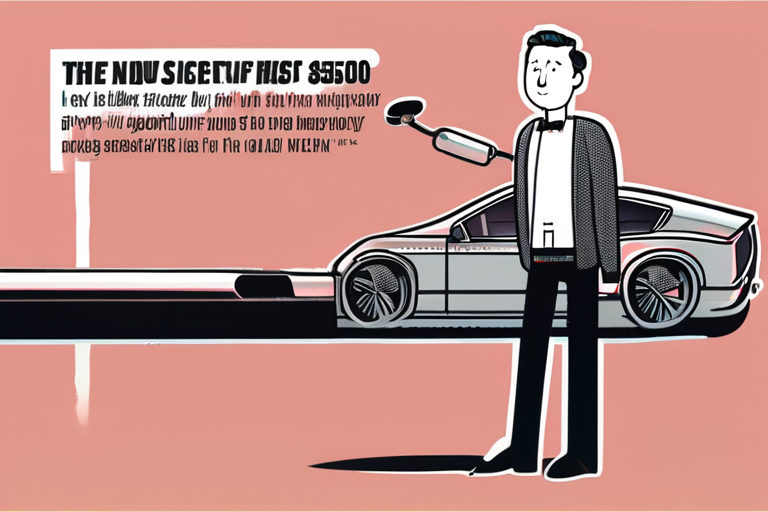

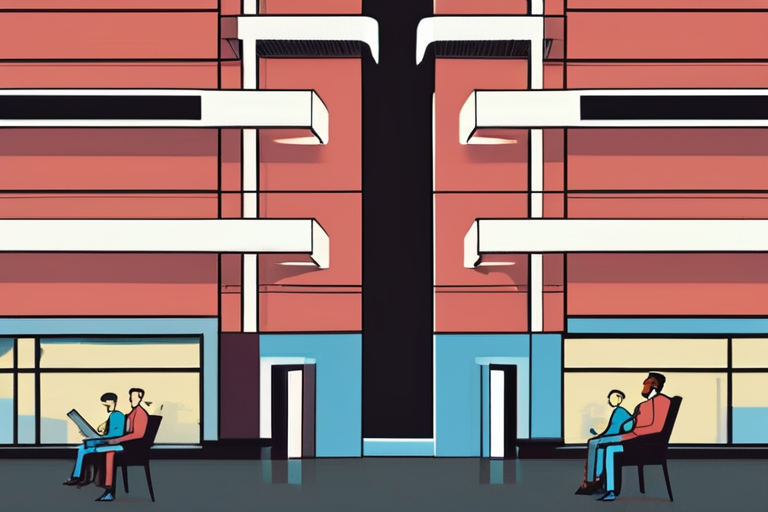
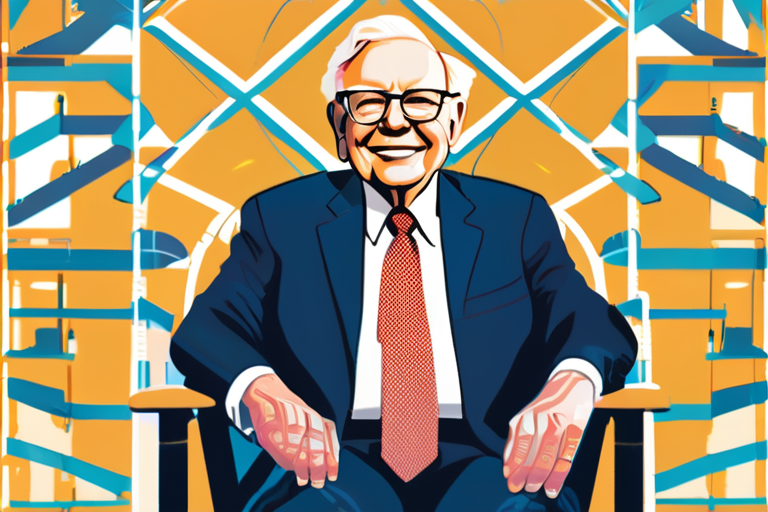

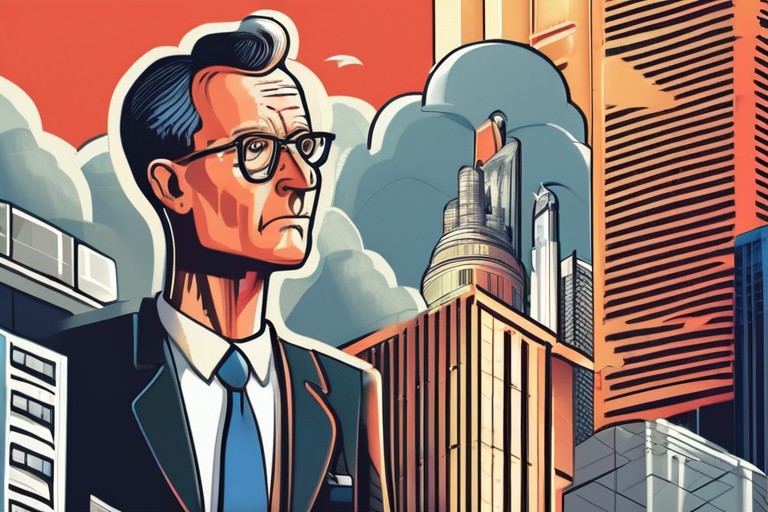

Share & Engage Share
Share this article